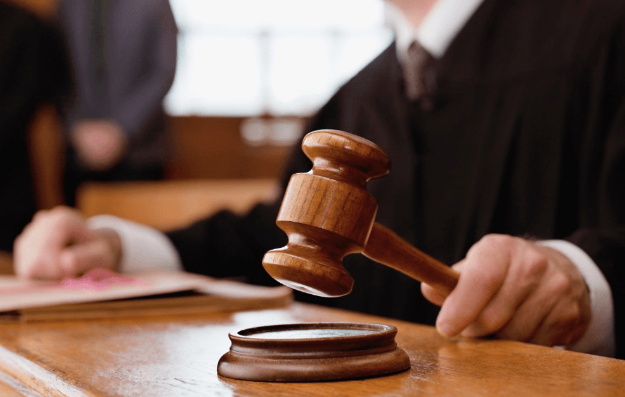It’s rare for the Supreme Court to reach a unanimous decision. A unanimous decision is unusual, and a decision involving firearms is much more so. On the other hand, in a recent example, a defendant was given two separate, consecutive prison terms for the same gun offense.
The Case:
A federal judge handed down a 25-year term to Efrain Lora in August 2002 for his role in a drug trafficking conspiracy that included murder. The judge additionally tacked on five years for providing material support for firearms offenses. When US District Judge Paul Gardephe handed down the defendant’s sentence, he ruled that all terms must serve concurrently. The judge said that he could not order the sentences to be served simultaneously because of the ban on concurrent sentences in 18 US Code 924(c)(1)(D)(ii) for violations of 18 US Code 924 (j).
Lora filed an appeal with the United States District Court for the Southern District of New York, claiming that his sentences should have been served concurrently. A judgement from a lower court in the United States was upheld by the 2nd Circuit Court of Appeals. Lora has urged the Supreme Court to rule on whether or whether people who are convicted under Section 924(j) are subject to the concurrent sentence prohibition set forth in 18 U.S.C. 924(c)(1)(D)(ii).
The Decision:
The Supreme Court ruled 9-0 on June 16 that the concurrent sentence prohibition in 18 U.S.C. 924(c)(1)(D)(ii) is unrelated to 924(j). Judge Gardephe has the discretion to order the sentences to be served simultaneously or one after the other.
Ketanji Brown Jackson, an associate justice, penned the court’s majority opinion. She clarified that the penalties in subsection (c) do not apply because subsection (j) imposes its own sanctions in the legislation. The judge went on to clarify that subsection (j)’s reference to (c) is limited to the elements of the violation and not the sanctions themselves.
Jackson argued that the lower courts misinterpreted the law by combining the portions to reach their findings. She went on to say that the “sentencing court cannot follow both” of the aforementioned parts because doing so “would set them on a collision course.” There are circumstances where exceeding the maximum penalty would be a violation of the law.
As a result of the judge’s mistake, it is unknown whether or whether any other defendants have received similar punishments. The Justice Department has been silent. A new punishment must now be handed down to Lora.




